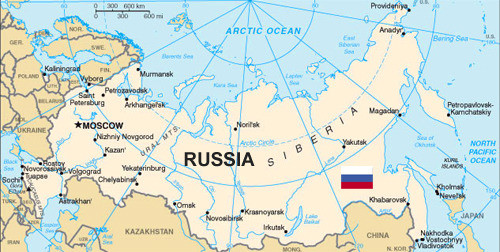Russian Justice Ministry suggests determining NGOs’ political activity by participation in public actions and influence over state authorities’ work

MOSCOW. Jan 22 (Interfax) – The Russian Justice Ministry has drafted amendments to the country’s law on non-governmental organizations (NGO) that explain the notion of NGOs’ political activity.
“The bill proposes determining that political activity can be conducted only through organizing and holding public actions in the form of assemblies, rallies, demonstrations, processions and pickets, or different combinations of these forms, as well as through organizing and holding public discussions and speeches,” according to an explanatory note, which was published on the Internet portal of draft regulatory and legal acts on Friday.
Furthermore, political activity also means public appeals to the state, and local authorities, and their officials, “as well as other measures that influence their activity, including those aimed at securing the adoption, changes and cancellation of laws and other legal acts.”
Political activity also means steps, including those involving modern information technologies, to spread “assessments of decisions adopted by state authorities and [assessments] of the policy pursued by them.”
Among other features that characterize political activity, the document mentions “steps aimed at forming public and political views and convictions, including by conducting public opinion surveys and other sociological studies and publishing their results; involving citizens, among them underage persons, in the aforementioned activity; funding the aforementioned activity.”
The Justice Ministry also suggested defining as political activity efforts intended “to secure a certain outcome at elections and referendums, during monitoring at elections and referendums, when forming election and referendum commissions, as well as during political parties’ work.”
“The term political activity does not apply to activity in the spheres of science, culture, art, healthcare, preventive healthcare, social services, social support and protection, protection of motherhood and childhood, social support for disabled persons, promotion of healthy lifestyles, physical culture and sport, flora and fauna protection, charity, as well as efforts to facilitate charity and volunteer work,” the bill says.
The current version of Russia’s law on NGOs has provoked a fierce response from human rights campaigners, who have said that the political activity definition offered by the document is vague and allows virtually any NGO to be recognized as a foreign agent.
On November 30, Russian President Vladimir Putin instructed his administration to work jointly with the country’s Justice Ministry to consider how the document’s definition of political activity could be specified.
